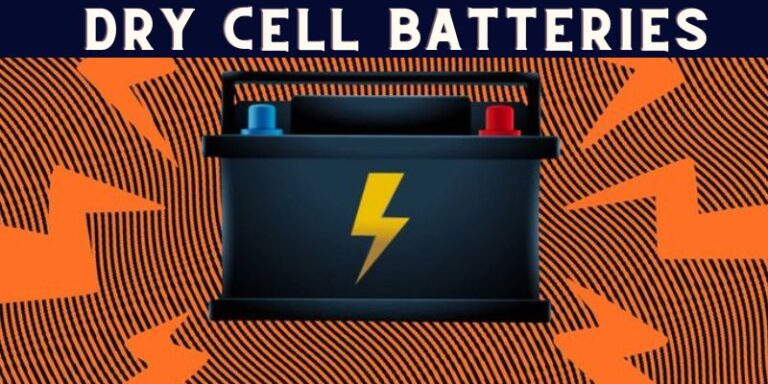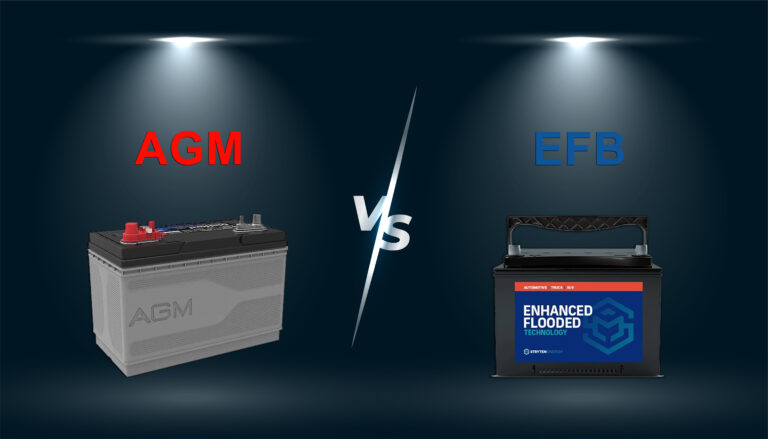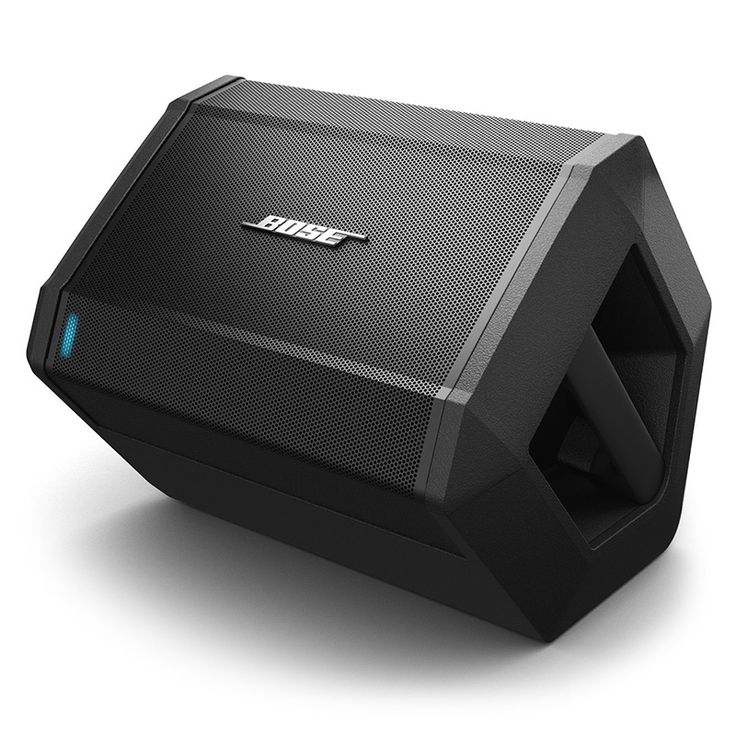Bring Out The Secrets Of Motor Vehicle Batteries

Contents
- 1 Bring Out The Secrets Of Motor Vehicle Batteries
- 2 Fire and Rescue Garage Lights and Sounds Toy
Bring Out The Secrets Of Motor Vehicle Batteries? Batteries are critical in modern vehicles, acting as lifelines that power essential systems and components. Their impact on performance and reliability is the heartbeat of a vehicle’s functionality. As the primary energy source for starting the engine, batteries ensure a swift flaming process that sets the tone for the entire drive.
They facilitate the smooth initiation of a vehicle’s internal combustion engine or electric motor, directly affecting acceleration and responsiveness. In hybrid and electric vehicles, batteries are even more integral governing the distance a car can travel on a single charge.
The Science Behind Power
Motor vehicle batteries operate based on fundamental chemical principles that involve energy storage and release. These batteries typically use lead-acid chemistry where a chemical reaction between lead dioxide and lead in a sulfuric acid solution generates electrical energy.
During discharge this reaction produces electrons creating a flow of electric current. During charging the process reverses as electrical energy is converted back into chemical energy.
Battery performance
Engine Starting: The motor vehicles battery serves as the initial power source for igniting the engine. When the ignition key is turned the battery releases stored energy to the starter motor which then cranks the engine.
Electrical Systems: Virtually every electrical component in a vehicle relies on the battery for energy. From headlights and climate control to entertainment systems and safety features the battery powers these essential functions.
Overall Vehicle Performance: The health of a vehicle’s battery can impact its overall performance. A weak or failing battery may lead to sluggish engine starts dimmed lights or erratic electrical behavior.
Types Of Vehicles Batteries
Bring Out The Secrets Of Motor Vehicle Batteries
Lead-Acid Batteries
- Bring Out The Secrets Of Motor Vehicle Batteries Established technology commonly used in traditional vehicles.
- Moderate energy density and power output in motor vehicles batteries.
- Lower upfront cost compared to other types.
- Generally shorter lifespan, typically 3-5 years.
- Require regular maintenance (e.g., checking fluid levels).
- Contain toxic materials, necessitating proper disposal.
Lithium-Ion Batteries
- In Lithium Ion Batteries Higher energy density and power output, making them suitable for hybrid and electric vehicles.
- Longer lifespan compared to lead-acid batteries, often 8-10 years.
- Lightweight and compact design.
- Typically more expensive upfront but may offer better long-term value.
- Reduced maintenance requirements.
Nickel-Metal Hydride (NiMH) Batteries
- Moderate energy density and power output.
- Longer lifespan compared to lead-acid batteries, similar to lithium-ion (8-10 years).
- Used in some hybrid vehicles.
- Somewhat heavier and less energy-dense than lithium-ion.
- Less common in modern vehicles due to the rise of lithium-ion technology
Electric Vehicle Battery
Electric vehicle batteries are the heart of the Eco-conscious automotive revolution driving the transformation from fossil-fuel reliance to sustainable electric mobility. These advanced energy storage systems play a pivotal role in powering electric cars and other Electric Vehicle offering a cleaner and more efficient mode of transportation while reducing environmental impact.
By converting electrical energy into the mechanical energy that propels vehicles Electric Vehicle batteries are rewriting the narrative of how we move and emphasizing the promise of a greener more sustainable future in motor vehicles batteries.
Types Of Electric Vehicles Batteries
Solid-State Batteries: Emerging as a potential game-changer solid-state batteries promise even higher energy density faster charging and improved safety.
By replacing liquid electrolytes with solid materials these batteries aim to overcome some of the limitations of traditional lithium-ion technology.
Lithium Iron Phosphate Batteries: Known for their enhanced safety and longer lifespan . batteries are a popular choice for EVs. They excel in applications where durability and thermal stability are crucial.
Nickel-Cobalt-Manganese (NCM) Batteries: NCM batteries strike a balance between energy density and performance. With variations in the nickel cobalt and manganese ratios they offer customization characteristics suitable for different driving needs.
Zinc-Air Batteries: These batteries utilize oxygen from the air to generate electricity offering a potentially high energy density. While still in development zinc-air batteries hold promise for long-range EVs and sustainable energy storage.
Sodium-Ion Batteries: Sodium-ion technology aims to provide a more affordable and environmentally friendly alternative to lithium-ion batteries. While still in the research phase sodium-ion batteries have the potential to democratize EV adoption.
Graphene Batteries: The remarkable properties of graphene, these batteries promise rapid charging high energy density and improved lifespan. Research is ongoing to strap the full potential of this innovative technology.
Motor Vehicle Tracker
- Personal Vehicles: Trackers offer peace of mind to families and individuals especially parents of young drivers or elderly family members.
- Commercial Fleets: Businesses use trackers to optimize routes monitor driver behavior and enhance operational efficiency.
- Rental and Leasing Companies: Trackers help manage and protect their vehicle assets.
- Law Enforcement: Trackers are used for surveillance and to monitor the movement of suspects or vehicles of interest.
What is a tracker on a vehicle?
A tracker on a vehicle often referred to as a vehicle tracking system or GPS tracker is a sophisticated technological device designed to monitor and relay real-time information about the location and status of a motor vehicle. It operates by utilizing a combination of Global Positioning System (GPS) satellites and communication technologies such as cellular networks or satellite links.
A Battery Pack For A Motor Vehicle Serves As A Crucial Energy Reservoir Supplying Electrical Power To Various Components.: Most Modern Electric Vehicles (Evs) Utilize Lithium-ion Battery Packs Due To Their High Energy Density, Lightweight Nature, And Efficiency
- Battery Packs Consist Of Multiple Individual Cells Connected In Series Or Parallel Configurations. Allowing For Flexibility In Design And Capacity.
- The Voltage And Capacity Of A Battery Pack Determine The Vehicle’s Range And Performance. Higher Voltage And Greater Capacity Contribute To Extended Driving Distances And Improved Acceleration.
Motor Vehicle For Kids
Fire and Rescue Garage Lights and Sounds Toy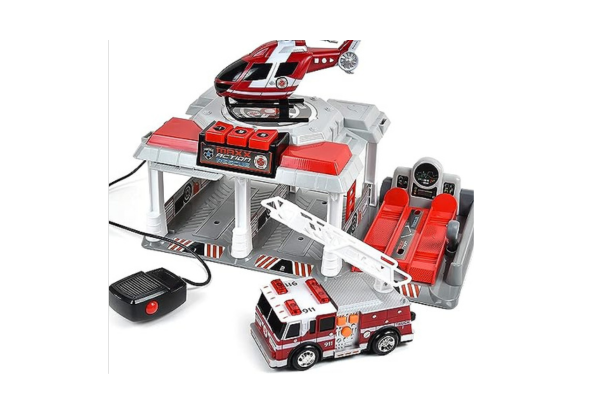
Fire and Rescue Garage Lights and Sounds Toy .Experience lights and sounds excitement with this play set. Engage by pressing any of the three buttons on the top to witness flashing lights and hear authentic, realistic sounds.
Stay connected just like real emergency res ponders using the functional intercom handset. Kids can communicate their plans to the rescue team while hearing their own voice through the speaker.
And of course, no fire station play set is complete without vehicles. This set includes two mini vehicles – a helicopter and a fire truck. These vehicles are designed with lights, sounds, friction motor, and plastic tires for an immersive play experience.
Pros
- Motor vehicle batteries provide the initial burst of energy required to start the engine, ensuring reliable ignition.
- They supply power to various electrical components and accessories in the vehicle, such as lights, air conditioning, radio, and more.
- In case of alternator failure or other electrical issues, a charged battery can temporarily power essential functions, allowing you to get to a service center.
Cons
- Some batteries require regular maintenance, such as checking and replenishing electrolyte levels in traditional lead-acid batteries.
- Extreme temperatures, especially cold weather, can negatively impact battery performance and reduce its lifespan.
- Traditional lead-acid batteries are heavy, which can affect the vehicle’s weight and fuel efficiency.
Extended Strategies
- Avoid frequent partial charging, as it can lead to an imbalance in battery cells.
- If possible, use a dedicated EV charging station designed to handle the specific requirements of your vehicle’s battery.
- In colder climates, consider using a battery thermal management system to maintain optimal temperature levels.
- Extreme temperatures, both hot and cold, can accelerate battery degradation, so maintaining a moderate temperature range is essential.
- Regularly inspect and clean battery terminals to prevent and ensure a good electrical connection.
- Overcharging can stress the battery and lead to premature degradation. Disconnect the charger once the battery is fully charged.
- Deep discharge where the battery’s charge drops to very low levels can also harm battery health. Charge your vehicle before it reaches critically low levels.
- Store the vehicle in a cool dry place away from direct sunlight to prevent unnecessary heat exposure.
Conclusion
The battery of a motor vehicle stands as the silent powerhouse driving the wheels of progress in modern transportation. As technology advances these batteries continue to evolve enhancing efficiency range and sustainability. With careful consideration of battery types maintenance practices and charging habits. we can extend their optimize their performance.
FAQ
What is in a vehicle battery?
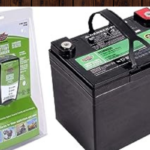
A conventional lead-acid car battery is composed of lead plates interspersed with plates constructed from different materials. These components are submerged in an electrolyte solution consisting of approximately one-third sulfuric acid and two-thirds water.
Which type of battery is best for car?
In recent years, Lithium-ion (Li-ion) batteries have gained considerable popularity. They’re prominently featured in modern hybrid vehicles and electric cars. One of their standout attributes is their remarkable charge storage capacity when compared to other battery types.
Which battery is used in motor vehicle?
There are four main battery types commonly employed in automobiles: lithium-ion batteries, lead-acid batteries, SLI batteries, and deep cycle batteries.



